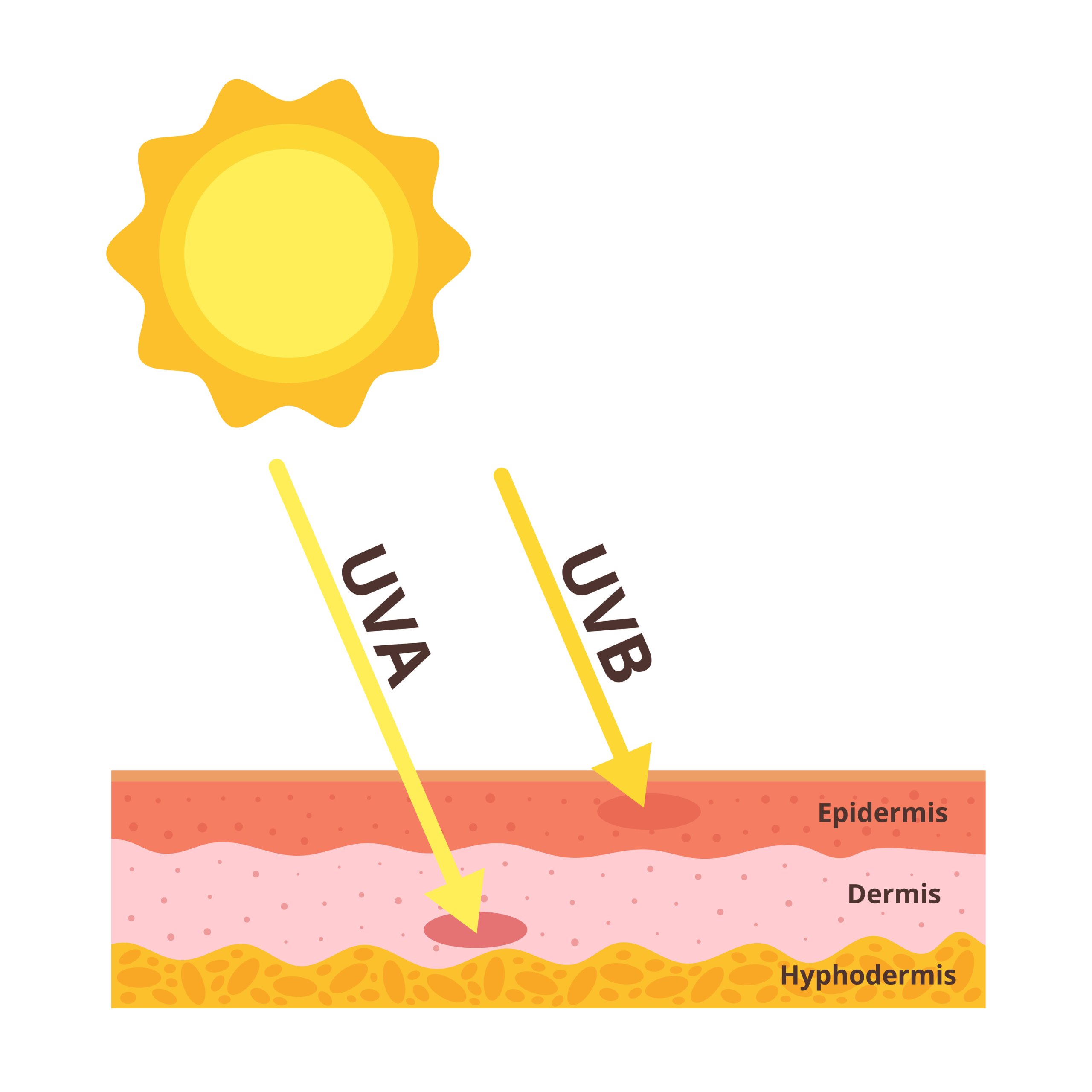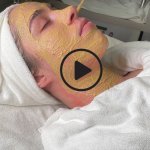Welcome to PSC!
- UVA are longer and can penetrate deeper
- UVB is more intense during the day
- Both are damaging to the skin
Tips:
- Avoid the sun between 11am- 3pm
- Allow 30 minutes to allow sunscreen to start working
- If in direct sunlight, wear a hat
- Remember that sun rays still come through on cloudy days
UVA and UVB are both types of ultraviolet (UV) radiation emitted by the sun. While they are similar in some ways, they have different characteristics and effects on the skin. Here’s a breakdown of the main differences between UVA and UVB:
- Wavelength: UVA has a longer wavelength (320-400 nanometers) compared to UVB (280-320 nanometers). The longer wavelength of UVA means it can penetrate deeper into the skin.
- Intensity: UVB radiation is more intense than UVA radiation. However, UVA rays are present throughout the day and can penetrate through clouds and glass, whereas UVB rays are more intense during midday and can be blocked by clouds and glass to some extent.
- Effects on the skin: UVB rays primarily affect the outer layers of the skin and are the primary cause of sunburns. They play a significant role in the development of skin cancer. UVA rays, on the other hand, can penetrate deep into the skin and contribute to premature skin aging, wrinkles, and the development of skin cancer. UVA rays are also responsible for tanning.
- Seasonal variation: UVB radiation levels vary depending on the time of year, geographic location, and time of day. UVB rays are more intense in the summer months and at higher altitudes. UVA rays, however, remain relatively constant throughout the year.
- Protection: Both UVA and UVB rays can have harmful effects on the skin. It is essential to protect your skin from both types of radiation by using broad-spectrum sunscreens that block both UVA and UVB rays. Look for sunscreen products with a high sun protection factor (SPF) and ingredients that offer broad-spectrum protection.
It’s important to note that even on cloudy or overcast days, UVA rays can still penetrate the skin, so it’s advisable to use sunscreen and take other sun protection measures regardless of the weather conditions.







0 Comments